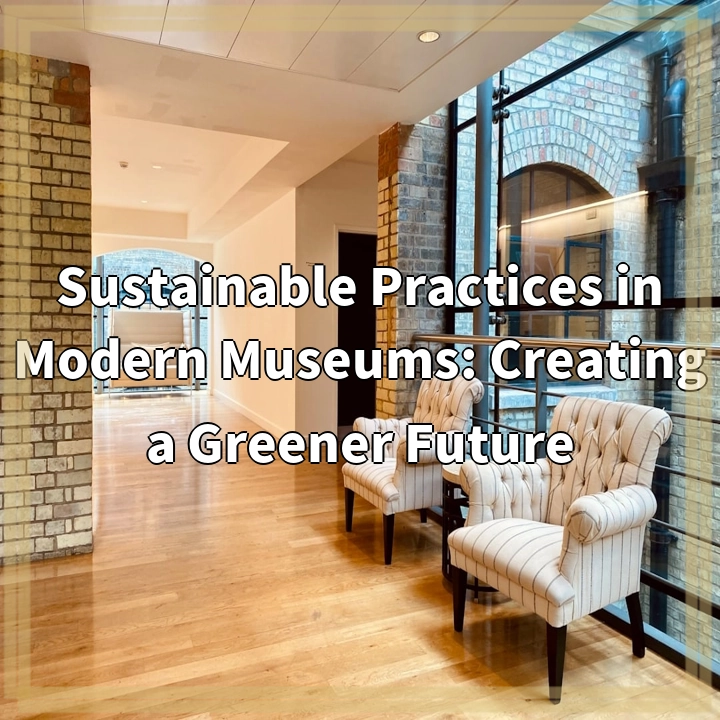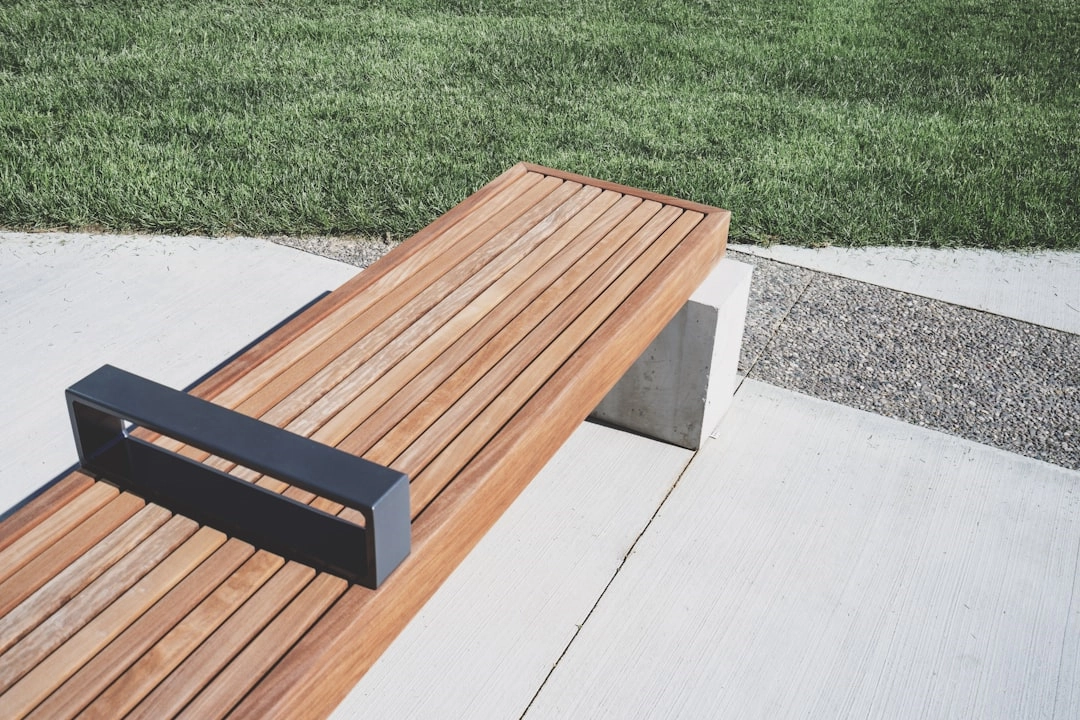
What are Sustainable Practices in Modern Museums?
Sustainable practices in modern museums involve implementing environmentally friendly and socially responsible initiatives to minimize the negative impact of museum operations on the environment and society. These practices seek to promote resource conservation, reduce waste generation, and adopt sustainable alternatives throughout all aspects of museum management.
Real-World Problems Associated with Sustainable Practices in Modern Museums
Despite the growing awareness and efforts towards sustainability in museums, there are several challenges that need to be addressed.
1. Energy Consumption
Museums require significant amounts of energy for lighting, heating, cooling, and maintaining optimal environmental conditions for artwork preservation. This energy consumption contributes to greenhouse gas emissions and increases the carbon footprint of museums.
2. Waste Generation
Museums generate considerable amounts of waste, including packaging materials, exhibition displays, and food waste from onsite cafes and restaurants. Finding sustainable solutions for waste management is essential to reduce landfill contributions and promote recycling and composting.
3. Artwork Conservation
The preservation and display of artwork can pose challenges in terms of minimizing environmental impact. Climate control systems, lighting techniques, and materials used for exhibition displays need to strike a balance between preserving artwork integrity and reducing energy consumption or potentially harmful materials.
4. Sustainability Education
Engaging museum visitors in sustainable practices and educating them about environmental issues can be a complex task. Museum staff need to find effective ways to communicate sustainability concepts and encourage behavior change among patrons, including promoting responsible consumption and reducing waste generation.
5. Financial Constraints
Implementing sustainable practices often requires investments in energy-efficient technologies, renewable energy sources, and eco-friendly materials. Museums with limited financial resources may face challenges in allocating funds to these initiatives, hindering their ability to adopt sustainable practices.

Potential Solutions for Sustainable Practices in Modern Museums
1. Energy Efficiency and Renewable Energy
Implementing energy-saving measures such as LED lighting, motion sensors, and high-efficiency HVAC systems can significantly reduce energy consumption in museums. Incorporating renewable energy sources like solar panels or geothermal systems can further offset energy needs and decrease reliance on fossil fuels.
2. Waste Management and Recycling
Museums can establish comprehensive waste management systems that prioritize recycling and waste diversion. Implementing recycling stations throughout the premises, promoting reusable and compostable materials, and partnering with local recycling facilities can help minimize waste generation in museums.
3. Sustainable Artwork Conservation
Museum professionals can explore sustainable alternatives for artwork conservation. This includes using eco-friendly materials for displays and exhibition designs, implementing efficient climate control systems, and adopting low-energy lighting techniques like LED or fiber-optic lighting to minimize environmental impact while ensuring artwork preservation.
4. Engaging Visitors and Education
Museums can develop interactive exhibits, workshops, and educational programs focused on sustainability to engage visitors and promote awareness of environmental issues. Providing sustainable practices guidelines, organizing eco-themed events, and showcasing success stories can inspire visitors to adopt sustainable behaviors in their own lives.
5. Funding and Partnerships
Museums can seek partnerships with sustainability-focused organizations, government agencies, and sponsors to secure additional funding and resources for implementing sustainable practices. Grants and donations specifically targeted towards green initiatives can provide the necessary financial support to drive sustainability efforts in museums.















